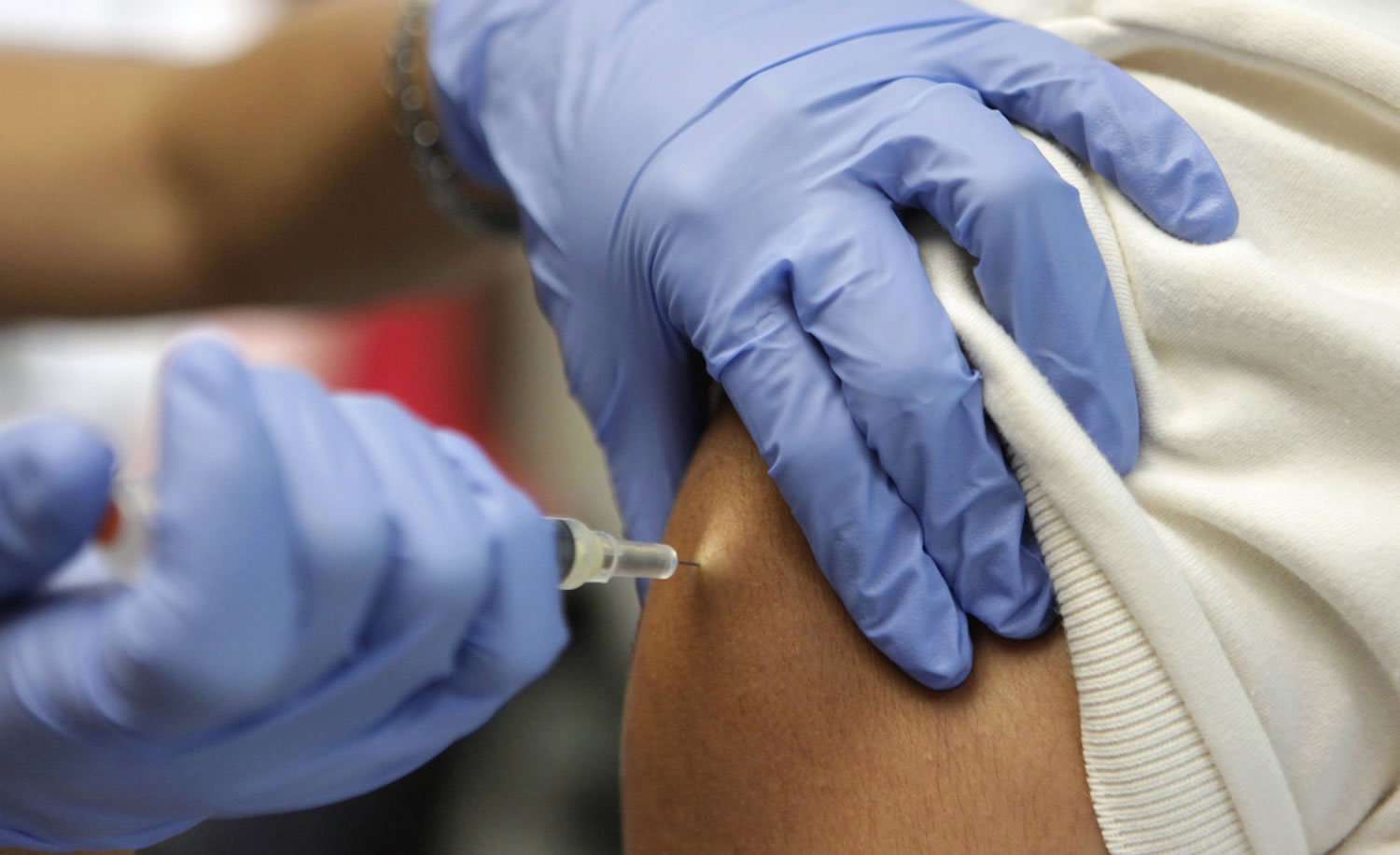Whooping cough has reached epidemic levels in Washington.
State Secretary of Health Mary Selecky declared the epidemic Tuesday, with 640 reported cases of whooping cough in the state from Jan. 1 to March 31. That compares to 94 reported cases during the first quarter of 2011, she said during a media conference call Tuesday morning.
Clark County is also experiencing elevated levels. Through Tuesday, the county had 54 confirmed cases. That compares to 94 cases in all of 2011, according to county health officials.
“It’s probably just the tip of the iceberg,” Selecky said. “We really know in public health that this is under-reported.”
Health officials estimate only 10 to 12 percent of whooping cough cases are reported, Selecky said. That’s largely because adults who get the illness are often not sick enough to seek medical care, she said.
Whooping cough, also known as pertussis, is an illness spread through respiratory secretions such as coughing and sneezing.
People with whooping cough experience cold-like symptoms and a persistent cough lasting several weeks. Young children and infants usually have a cough with a spasm, causing the “whoop” sound at the end of the cough. They may also vomit or spit up after coughing and have difficulty catching their breath.
The illness is particularly dangerous for infants, who can develop serious complications such as pneumonia and brain inflammation. Pregnant women, especially those in their third trimester, are at risk of passing the illness on to their baby if they’re not vaccinated.
Adults and older children usually get milder symptoms from whooping cough; however, they can still spread the illness to others.
“We’re particularly concerned about vulnerable infants who are too young to get any protections,” said Dr. Maxine Hayes, state health officer.
The state recommends children receive five doses of the diphtheria, tetanus, and acellular pertussis vaccine, commonly known as DTaP, before age 7. Adolescents and adults should receive a tetanus, diphtheria and acellular pertussis booster, commonly known as Tdap, every 10 years. The Tdap booster has been available in Washington since 2006, Hayes said.
So far this year, health officials have reported cases of whooping cough in 23 of the state’s 39 counties, Selecky said.
The state incident rate so far this year is 9.5 cases per 100,000 residents. That’s about even with the Clark County rate of 9.6 cases per 100,000. Neighboring Cowlitz County is among the highest in the state with 26 cases per 100,000, according to the state health department.
Whooping cough peaks every three to five years. The last big peak was in 2005 with 1,020 cases, said Michele Roberts of the state immunization department.
The current peak began last fall, Roberts said. In 2011, the state had an elevated number of cases with 955, she said.
If this year’s trend continues as it is, the state is on track to experience levels unseen since 1942, Selecky said.
“This year’s peak is higher than anything we’ve ever seen,” she said.
“We’re concerned about the trend,” Selecky added. “We want the trend to stop.”
In effort to curb the outbreak, state health officials are urging everyone to check their vaccine records and get up-to-date with state recommendations. They’re also asking health care providers to be vigilant in recommending the vaccine, checking vaccine records and watching for signs of whooping cough.
Marissa Harshman: 360-735-4546; http://twitter.com/col_health; http://facebook.com/reporterharshman; marissa.harshman@columbian.com.




